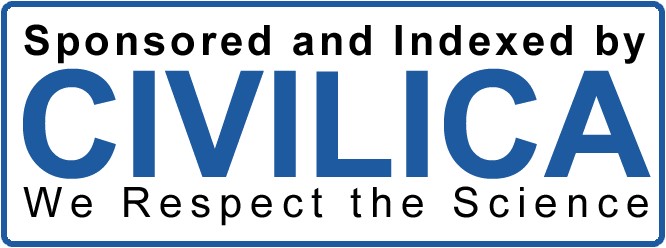Exploring the Motivational Experiences of Psychology Students in Entering the Mental Health Profession
Keywords:
Motivation, Family Therapy, Motivational Strategies, Therapist, Qualitative Interview, Thematic AnalysisAbstract
The present study aimed to identify and explain the motivational strategies used in family-based psychological interventions from the perspective of experienced therapists. This qualitative study employed thematic analysis. Participants included 21 therapists (clinical psychologists, family counselors, psychotherapists) with at least five years of experience in family-based interventions in Tehran. Data were collected through semi-structured interviews and continued until theoretical saturation. Interviews were transcribed and analyzed using NVivo 12 software. Analysis yielded three main themes: “therapeutic relationship-based strategies,” “cognitive-behavioral strategies,” and “intrapersonal and value-oriented motivational strategies.” Subthemes included trust-building, cultural sensitivity, realistic goal-setting, cognitive restructuring, fostering agency, meaning-making, and reinforcing family identity. Simultaneous use of these strategies enhanced family engagement and led to more sustainable behavioral and relational changes. Findings suggest that motivational strategies in family-based interventions integrate cognitive, emotional, spiritual, and cultural elements. Therapists utilize these strategies not only to reduce family resistance but also to transform the therapeutic process into a deeply committed and internalized experience. These insights may inform culturally appropriate intervention design and professional training.
Downloads
Downloads
Published
Submitted
Revised
Accepted
Issue
Section
License

This work is licensed under a Creative Commons Attribution-NonCommercial 4.0 International License.






